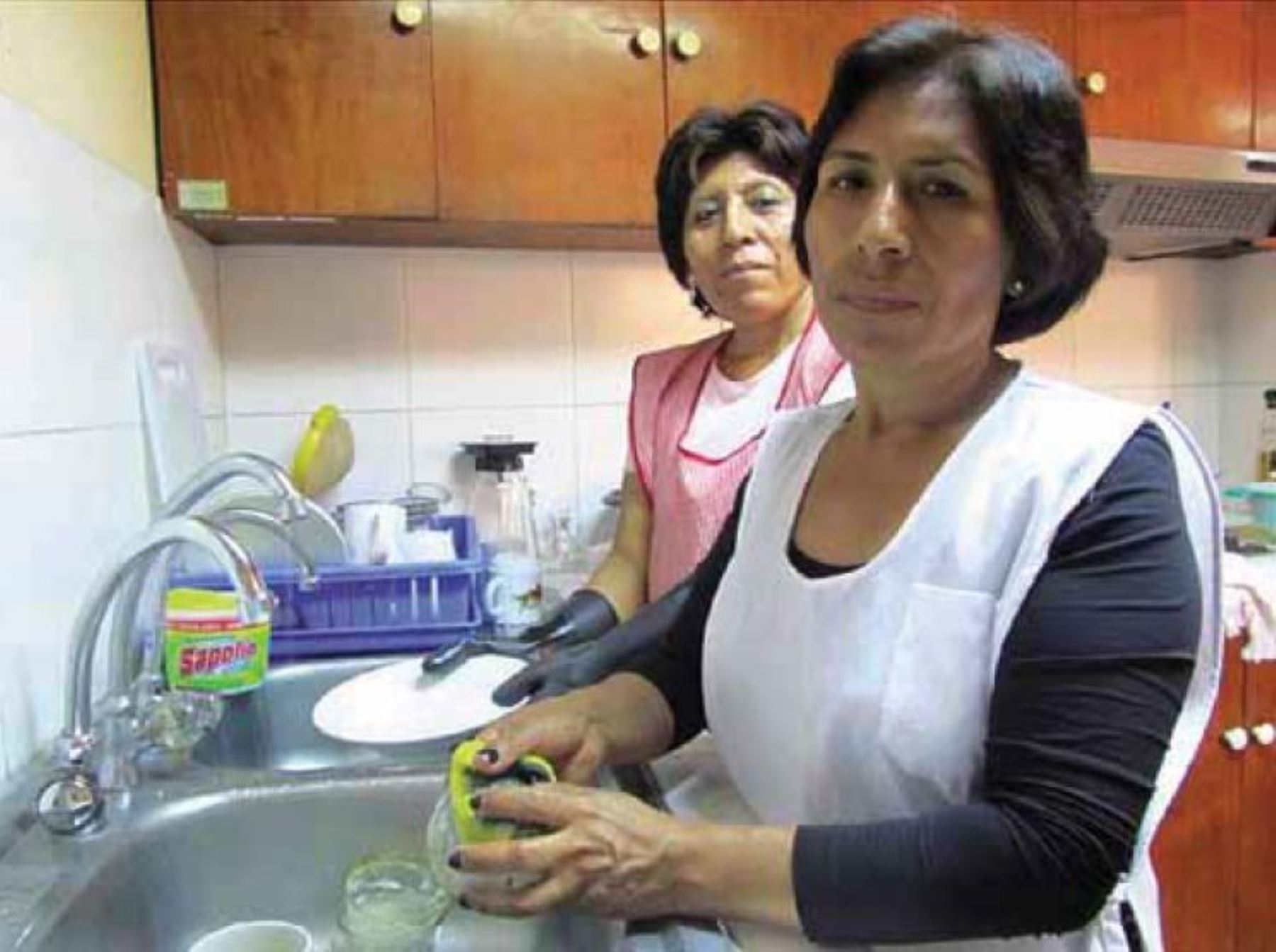Unpaid domestic and care work in the popular and solidarity economy in Ecuador
Abstract
This article analyzes unpaid domestic and care work in the popular and solidarity economy in Ecuador, because although it is true that in this area women have increased their participation in decision-making and in claiming their rights, household work continues to be a task of unequal distribution between men and women.The report of the National Council for Gender Equality revealed that women work 17:42 hours more than men on a weekly basis, and those who live in rural areas perform even more hours of unpaid work.It is concluded that in the popular and solidarity economy there is no recognition of the domestic and care tasks that fall mainly on women, which has affected their role and participation in leadership spaces, many times they decide to abandon them so as not to neglect their home.In view of this, it is necessary to question the importance of co-responsibility in domestic chores, as well as the exercise of masculinity within the EPS.
Keywords: co-responsibility, popular and solidarity economy, feminist economy, care work.
Downloads

Downloads
Published
How to Cite
Issue
Section
License

This work is licensed under a Creative Commons Attribution-NonCommercial-ShareAlike 4.0 International License.
The Journal declines any responsibility for possible conflicts derived from the authorship of the works published in it.
The originals of the journal Acordes, published in electronic version, are property of the Faculty of Economics and Administrative Sciences of the University of Cuenca, being necessary to cite the source in any partial or total reproduction.
Unless otherwise indicated, all contents of the electronic edition are distributed under a Creative Commons Attribution-NonCommercial-ShareAlike 4.0 International License.




